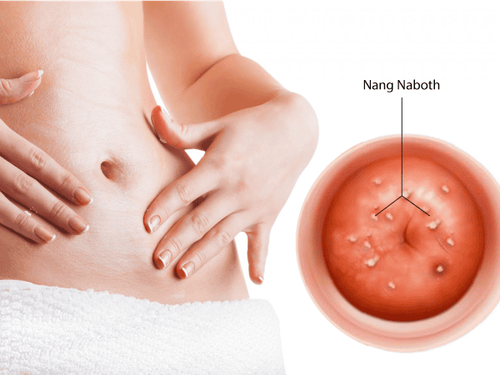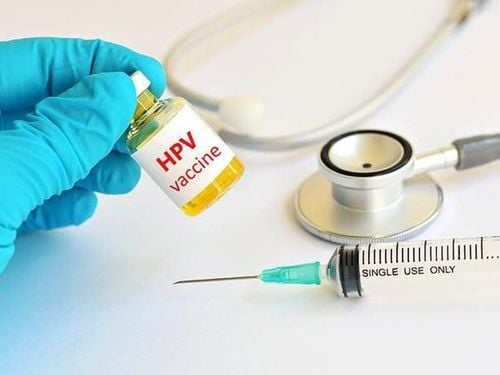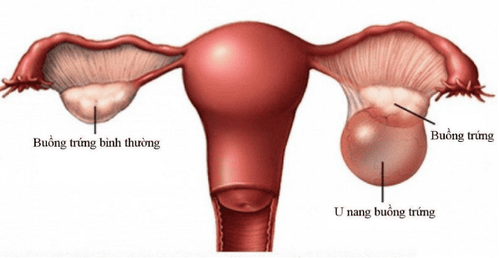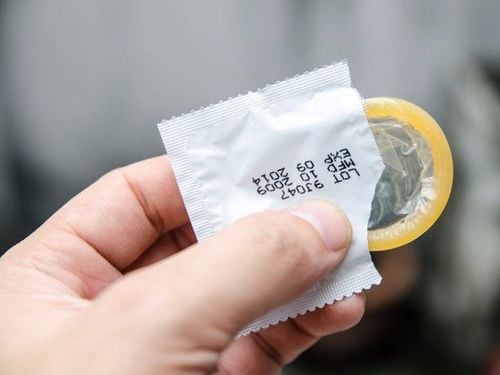Dangerous diseases such as cervical cancer, penile cancer, throat cancer, genital warts, and condyloma acuminata are all caused by the HPV virus. So, how long can the HPV virus survive outside the body?
1. What is the HPV virus?
To understand how long the HPV virus can survive in the environment, we first need to understand what this virus is. HPV (scientific name: Human Papilloma Virus) is a virus that can be transmitted through sexual contact and casual touch. It can be transmitted through any form of sexual activity, including oral or anal sex.
This virus is particularly highly contagious in individuals with multiple sexual partners. HPV is the primary cause of cervical cancer in women and many other serious diseases
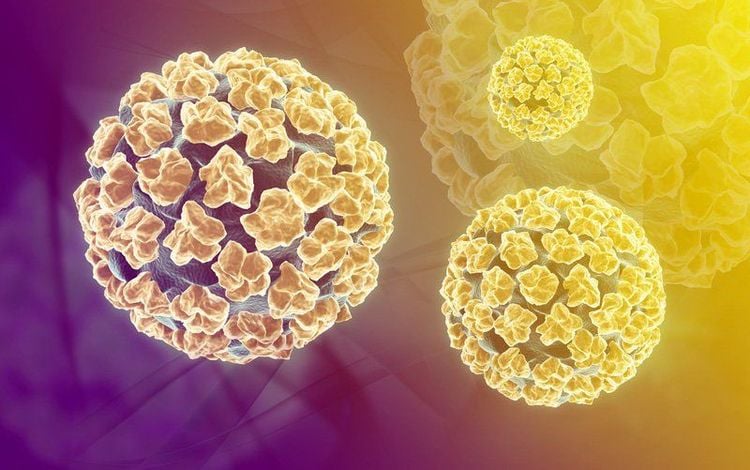
There are over 100 types of HPV, and most of them are harmless to human health. In fact, almost everyone can get infected with HPV at least once in their lifetime, but it often goes away on its own or has no impact on health.
HPV is very small, much smaller than a human epithelial cell. They often live on mucosal cells, semi-mucosal cells, male and female genital organs, eyes, mouth, anus, etc.
Of these, there are over 40 types of HPV that are sexually transmitted, causing diseases in the genitals and anus. In particular, HPV type 16 and type 18 are considered the main causes of precancerous cervical lesions, anal cancer, and other parts of the genital organs.
2. How long does the HPV virus survive outside the body?
Many people wonder how long the HPV virus can survive outside the human body. Understanding this issue will help you prevent the disease effectively and completely.
Specifically, the HPV virus is very persistent and can survive for a long time in the natural environment. Additionally, the lifespan of this virus varies depending on the specific environment.
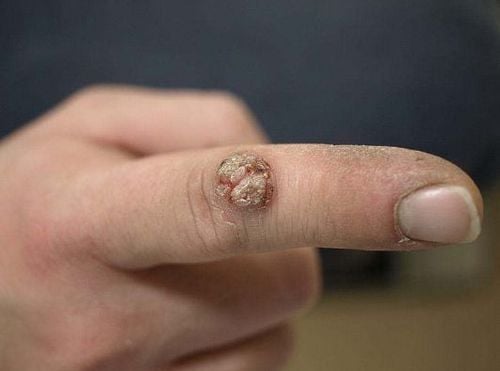
2.1. How long does HPV survive in the air?
The human body is an ideal living condition for HPV, allowing it to multiply and grow rapidly. Therefore, it can be considered immortal for this dangerous virus.
HPV requires a host to parasitize and absorb nutrients, so it cannot survive for a long time outside the body. Therefore, without a host, HPV can only survive for a very short time in the environment.
2.2. How long does HPV survive outside the body?
Depending on the specific humidity and temperature conditions, the survival time of HPV will vary. When it leaves the human body, HPV cannot live for too long. However, if it comes into contact with the human body, it can attack and develop rapidly after incubation. Under such conditions, HPV can survive for about one day to even a week.
Many people, due to a lack of understanding of how long HPV can survive outside the body, tend to be subjective and careless. This can make you easily infected without knowing it.
2.3. How long does HPV survive in a hospital environment?
Studies have shown that HPV can survive on biopsy forceps, surgical gloves, etc. However, if introduced into environments with many chemicals such as soap, alcohol, and disinfectants, they will die immediately.
It is very difficult to determine precisely how long genital warts virus can live after being released into the natural environment. No environment is safe. HPV can revive an outbreak if it encounters a favorable environment. Therefore, everyone should be careful when coming into direct contact with open wounds or sharing personal items with others.
3. In what environment can HPV virus not survive?
The most favorable condition for HPV virus to develop is near the outer layer of the skin and within a temperature range of 30-40 degrees Celsius. This is also why HPV is very easily transmitted through casual contact.
If it leaves the host body, HPV will die if the external temperature exceeds 60 degrees Celsius. Therefore, the ambient temperature in winter or summer is not enough to kill this virus. If the temperature drops too low, HPV will become dormant and reactivate when favorable conditions are met.
4. How to Prevent HPV Virus
Vaccination is the best way to prevent and reduce the risks associated with HPV. It is a very safe and effective vaccine. All males aged 9-21 and females aged 9-26 should get the HPV vaccine. It is recommended to get vaccinated before starting sexual activity for the most effective prevention.
In addition, you can prevent HPV in the following ways:
- Using condoms during sexual intercourse can reduce the risk of HPV. However, this method is not entirely effective as HPV can still be transmitted in areas not covered by the condom.
- Having a monogamous relationship and limiting the number of sexual partners.
- Regular health checkups and cervical cancer screening can help reduce your disease risk and detect potential risks early.
- Maintain a healthy lifestyle, eat a balanced diet, and get enough nutrients.
- Exercise regularly to boost your immune system and help eliminate HPV from the body.
Although the vaccine can help prevent the risk of HPV infection, it is not a cure for those who have already contracted the disease. Therefore, even after vaccination, women should still undergo regular cervical cancer screening according to their age and medical history.
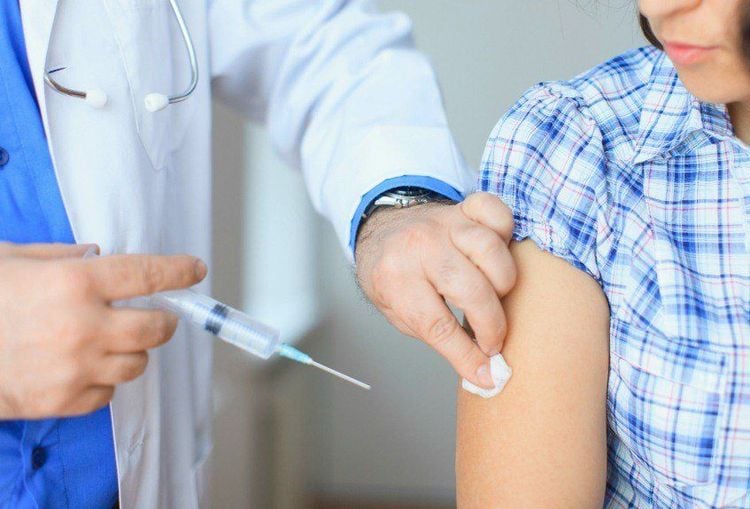
Please dial HOTLINE for more information or register for an appointment HERE. Download MyVinmec app to make appointments faster and to manage your bookings easily.




